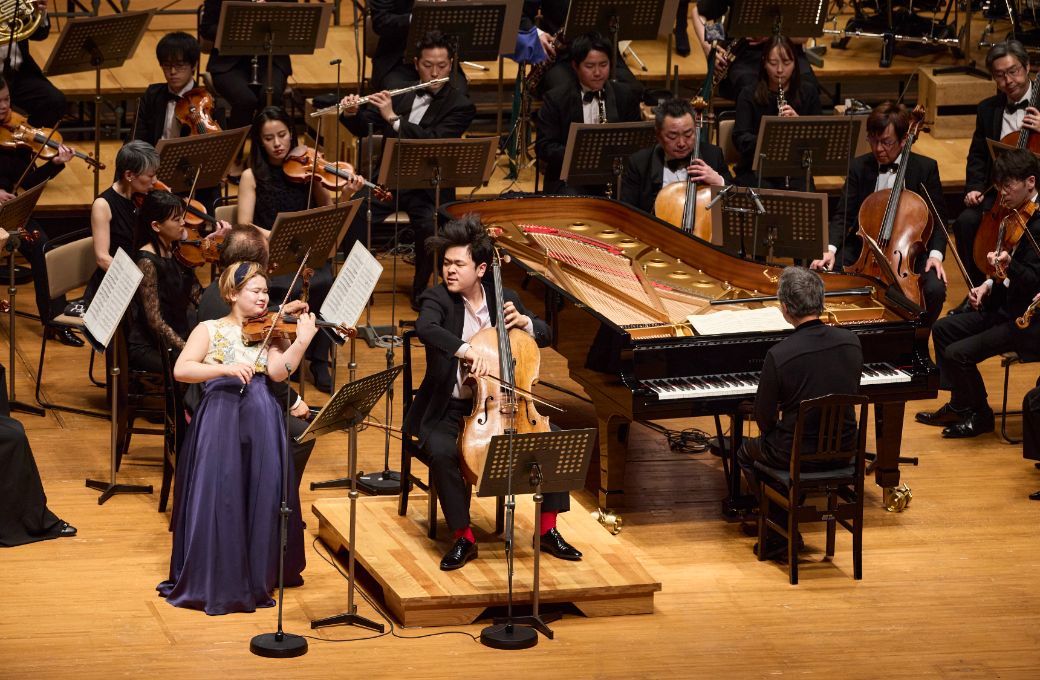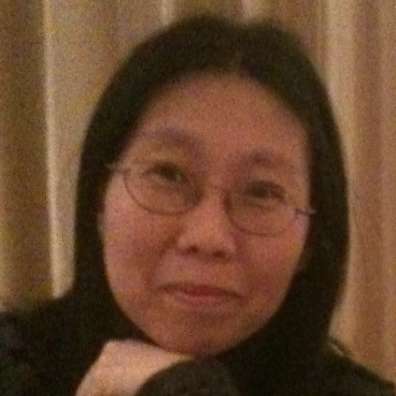Until I opened the programme for Tokyo Philharmonic Orchestra’s concert at Suntory Hall, I hadn’t realised that the two billed works had been composed back-to-back: The Symphony no. 3 in E flat major "Eroica", Op.55, and the Triple Concerto for Violin, Cello, and Piano in C major, Op.56, in 1804. The Eroica has become an undisputed masterpiece in the symphonic repertoire, whereas the Triple Concerto has a reputation of being a problematic work – to quote the programme notes, “something of a black sheep”. But this performance emphatically proved otherwise.

One of the features of this performance of the Triple Concerto was that conductor Myung-whun Chung also played the piano part. It is a work he has known for a long time as both pianist and conductor, famously recording the work in 1996 with his two sisters (as the Chung Trio) and the Philharmonia. On this occasion, he was joined by two young players from Japan and South Korea respectively – violinist Hina Maeda and cellist Jaemin Han. Both are recent winners of prestigious international competitions and outstanding virtuosos but here, under the watchful guidance of the sage-like Chung, they gave an elegant and harmonious performance that created a chamber-music intimacy.
To achieve this, Chung used relatively small forces (eight first violins, for example) and, furthermore, halved the orchestra when accompanying the soloists, making sure that their playing would not be submerged, and also to create a tight-knit ensemble. Clearly the solo cello has the best and the most challenging music, especially in the upper register which Han manoeuvered with finesse and lyricism. Maeda is a bubblier character and was particularly ebullient in the alla polacca third movement. They blended well together, constantly making eye contact and reacting to each other’s phrasing and expressions, at times almost trying to outdo each other in a virtuosic way.
Chung controlled proceedings unfussily from the piano, which was placed facing the orchestra with the lid off. His playing was clear and fluent: brilliant when it needed to be, but mostly low key. In fact, the unsoloistic nature of the piano part had always bothered me about this work, but performed by a conductor/pianist, the music suddenly made sense. In Chung’s hands, the piano’s role seemed like a development of the keyboard continuo, playing solo, but more often accompanying and supporting.
For the Eroica Symphony, we were back to larger forces. The performance was smooth, rich in sonority, moderate in tempi (the Marcia funebre was on the slow side), with no hard edges or driven period style. Yet, it was never ponderous either. With fulsome strings and excellent woodwinds, everything flowed organically in a cantabile way, with dignity and sincerity. Conducting mostly with minimal gestures, Chung dug deep when emphasising important moments – certain chordal progressions, transition into the minor, climaxes – to which the orchestra responded energy.
The first movement proceeded expansively, with emphasis on the long development section; the second had drama and emotion, contrasting tragic and sublime moments. The Scherzo was more elegant than humorous, with the heroic horns on buoyant form, and the variation finale was meticulously paced from the playful opening theme to the life-affirming conclusion.
Above all it was a performance where the strength of the mutual trust and understanding between Chung and the orchestra was evident. He has been conducting the Tokyo Philharmonic for more than two decades now (Special Artistic Adviser 2001-2010; currently Honorary Music Director) and they have matured into a fine partnership. They have a European tour planned in October and November this year, so catch them if they happen to visit nearby.


